How many languages do you speak or understand? Learning a new language helps you appreciate the importance and nuance of language and how it impacts your ability to communicate and connect with others. This podcast originally appeared on The Modern Manager Podcast with Mamie Kanfer Stewart. To listen to the full interview, visit The Modern Manager Podcast.
Leadership and management have their own language which you can learn.
This week’s guest, Krister Ungerboeck, is a CEO Coach, and expert in The Language of Leadership. Prior to retiring at age 42, Krister was the award-winning CEO of one of the largest family-owned software companies in the world. His expertise in the Language of Leadership is based upon his unique experience as a global CEO leading teams in three languages while observing and doing business with executives in over 40 countries, building businesses in six and living in three
Krister and I talk about the importance of language as a manager, how to use language to engage people, and how positivity can transform productivity.
Join the Modern Manager community to get special four tools from Krister including a leadership assessment, plus episode guides and other guest bonuses to support your learning journey!
Subscribe to my newsletter to get episodes, articles and mini-guides delivered to your inbox.
KEY TAKEAWAYS:
Leadership or management is all about how you use language. Even when the underlying meaning is consistent, how you say it matters. Choose words that are too strong and you risk alienated people. Choose words that are too soft and you risk not getting the behavior you’re asking for. Power your productivity with positivity by setting metrics that allow each person to compete with themselves rather than each other. Aim for each person to become their personal best. This eliminates room for excuses and allows everyone to be celebrated. Create metrics that can always be increased rather than a percentage so there is always room for improvement. It takes lots of energy to figure out answers, but asking good questions is often easier and leads to better answers. Ask open-ended questions that generally start with ‘what’ or ‘how’ as these will lead to more interesting answers than yes/no questions or questions that are really ideas disguised as questions. To improve your emotional intelligence, try guessing at the emotion the other person may be experiencing and why. What is it they’re needing? Use language like “I’m wondering if you’re frustrated by…because you want more autonomy to make decisions,” or “I’d imagine you’re feeling excluded from…because the team didn’t loop you in at the start of the project.” If your guess is accurate, the person will reinforce it, but if it’s not, they’ll likely correct you. This gives you more accurate information and helps them articulate their situation.
KEEP UP WITH KRISTER
Website: krister.com
Facebook: https://m.facebook.com/theleadershiparchaeologist
LinkedIn: www.linkedin.com/in/meetkrister

